Business Coach and AI Guide: Your Roadmap for 2025 Success
The pace of business transformation is accelerating like never before, and leaders are searching for the competitive edge that will define success in 2025. Navigating this evolving landscape requires more than intuition or outdated playbooks.
By leveraging the power of a business coach and ai together, organizations can unlock a dynamic roadmap for the future. This guide explores how the roles of business coaches are evolving, how AI is reshaping talent development, and the actionable steps leaders can take to harness both for measurable results.
Discover how real companies are already thriving with this approach—and how you can do the same.
The Evolving Role of Business Coaching in 2025
Business coach and ai partnerships are transforming how organizations approach leadership development. The role of the business coach has evolved from periodic, in-person sessions to providing data-driven, real-time support. Today’s leaders expect coaching that adapts to the fast pace of business, offering insights that are both immediate and actionable.
Remote and hybrid work environments have accelerated this shift. Business coach and ai solutions are now built to support distributed teams, using technology to bridge gaps in communication and engagement. There is a growing demand for measurable ROI and accountability, as organizations want clear evidence that coaching investments drive performance. Notably, 80% of organizations report improved productivity from coaching, according to the ICF Global Coaching Study.
Trends like personalized leadership development, agile management, and continuous learning are shaping the future. Successful mid-market companies are integrating coaching with organizational KPIs to transform culture and performance. Platforms such as the Noomii Corporate Coaching Platform exemplify how technology can scale coaching impact and ensure engagement across distributed teams.
Aligning coaching with business strategy is essential, yet challenges remain. Scaling coaching programs and maintaining engagement across global teams requires the right mix of technology, expert guidance, and proven frameworks. Leading experts, such as those at Accountability Now, emphasize the importance of integrating coaching with clear metrics and strategic goals.
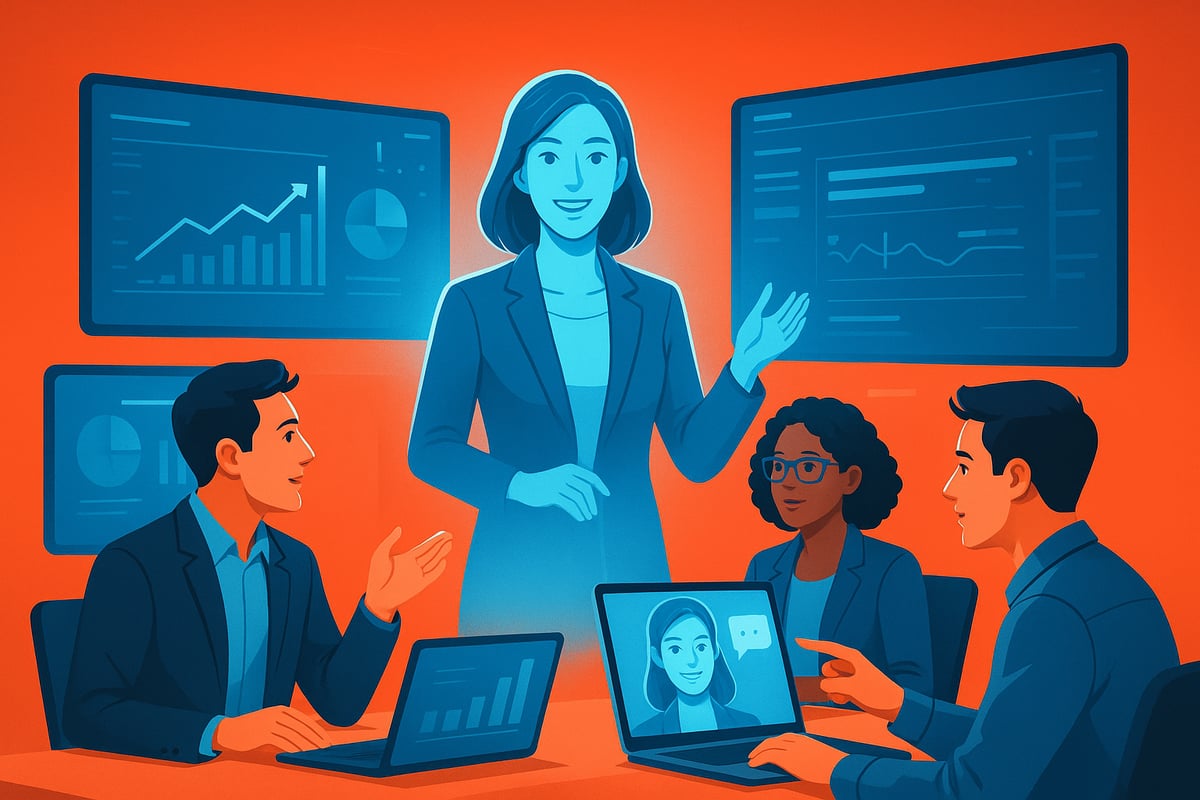
How AI is Transforming Business Coaching
Artificial intelligence is rapidly reshaping how organizations approach leadership growth and performance. The business coach and ai partnership is not just a futuristic concept, but a present-day advantage for companies aiming to make smarter, faster decisions. By blending the expertise of a business coach and ai-driven insights, leaders gain access to a new level of data, personalization, and agility.
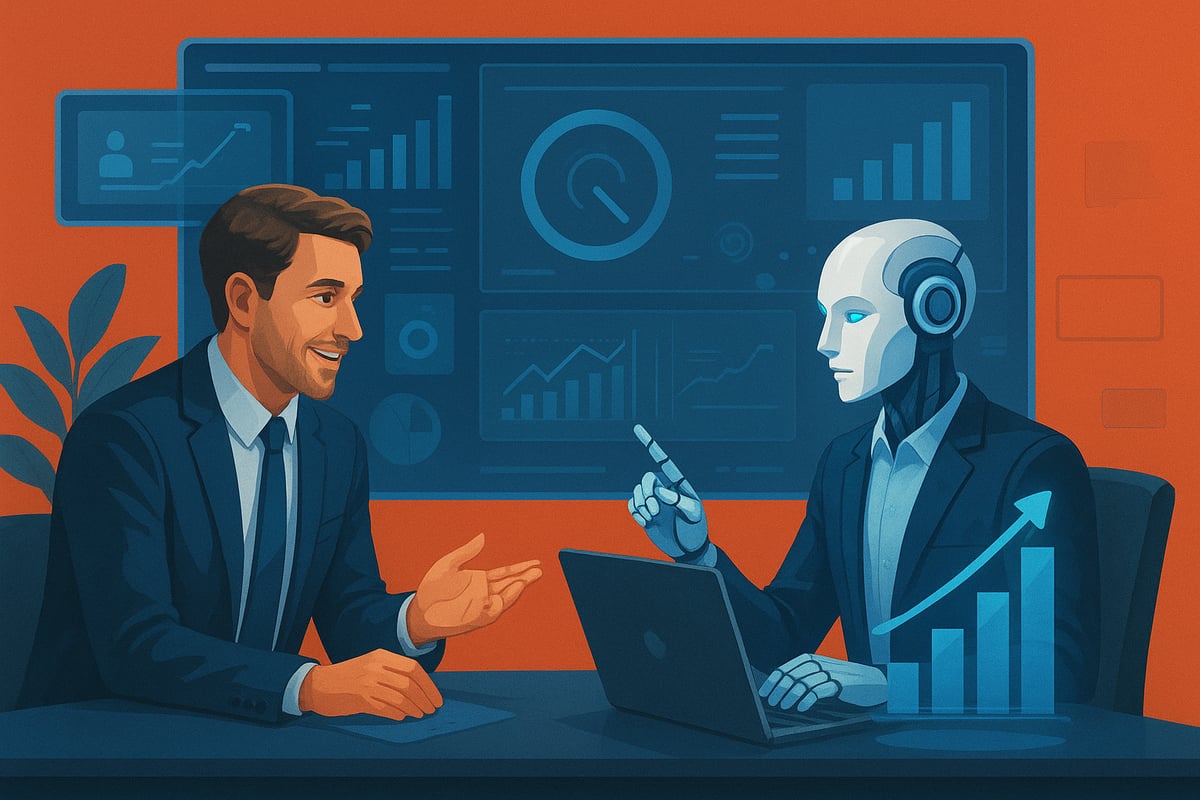
AI’s Expanding Role in Coaching
Today, AI augments coaching by delivering real-time analytics for talent assessment, tracking performance, and surfacing leadership insights. For example, predictive models can identify potential skill gaps before they impact results. According to Gartner, 63% of executives believe AI will significantly influence leadership development by 2025.
AI-powered systems help coaches and organizations measure progress, set benchmarks, and adapt strategies quickly. This data-driven approach allows for more targeted interventions, ensuring coaching aligns with evolving business priorities and individual development needs.
Tools, Ethics, and the Future
Modern coaching now leverages AI-powered chatbots for instant feedback, automated scheduling tools, and virtual learning platforms that tailor content to each leader’s needs. These technologies make the business coach and ai approach scalable, yet the human element remains essential for context and empathy.
Ethical considerations are critical. Human oversight ensures AI recommendations align with organizational values and privacy standards. Real-world examples show AI identifying high-potential employees and mapping personalized training journeys. For a deeper look at emerging AI trends in leadership, explore AI-Powered Trends in Leadership Development.
Looking ahead, advances like sentiment analysis and adaptive learning will further elevate the hybrid coaching model, offering leaders a competitive edge in a dynamic business environment. For those seeking expert guidance, consider working with a seasoned professional such as Don Markland, who specializes in integrating AI with coaching strategies.
Step-by-Step Roadmap: Integrating Business Coaching and AI for 2025 Success
Integrating a business coach and ai into your organization requires a deliberate, phased approach. By following a structured roadmap, companies can maximize the impact of both human expertise and intelligent technology. Below is a step-by-step guide to ensure your journey is both measurable and sustainable.
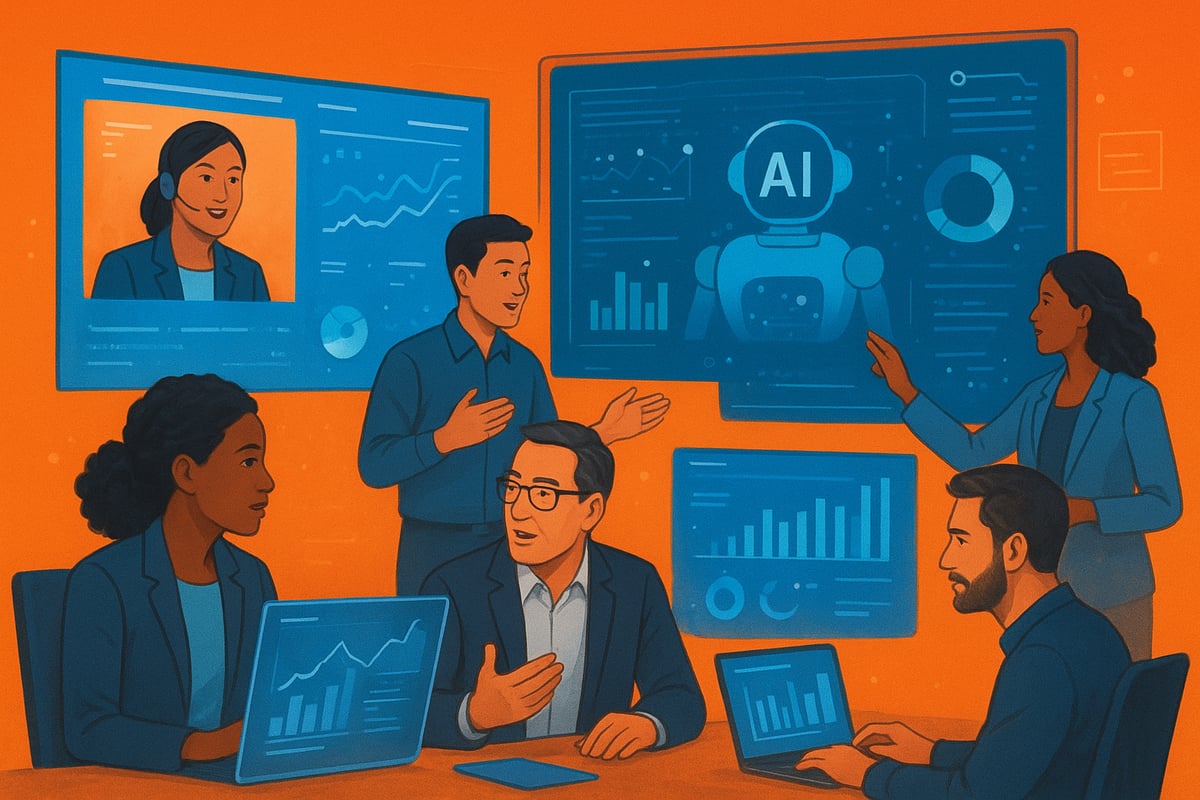
Step 1: Assess Organizational Needs and Readiness
Begin by clarifying your business objectives and identifying current leadership gaps. Evaluate digital maturity across teams to determine how ready your organization is for a business coach and ai integration.
Use assessment tools to benchmark leadership capabilities and pinpoint priorities. Engage stakeholders early, ensuring alignment around coaching and AI goals. This foundation is critical for scaling future initiatives effectively.
Step 2: Select the Right Business Coach and AI Tools
Choosing the right business coach and ai solutions is pivotal. Review coach credentials, focusing on experience with mid-market organizations and a track record of measurable impact.
Research AI platforms that complement coaching, such as analytics, feedback, or learning systems. Compatibility with your company’s values and strategic goals should guide selection. Collaborate with experts like Don Markland, whose insights bridge accountability and innovation, as highlighted at Accountability Now.
Step 3: Develop a Hybrid Coaching-AI Implementation Plan
Map out a hybrid approach that integrates business coach and ai support. Define clear KPIs and desired outcomes for both coaching and AI initiatives. Set realistic timelines, outline milestones, and create accountability structures.
Integrate AI tools directly into coaching sessions and leadership programs. For a detailed methodology on implementing this blend, see How Noomii Works for Organizations. This ensures a seamless experience and measurable results.
Step 4: Train Teams and Foster Adoption
Prepare teams for the hybrid model by providing comprehensive training on coaching frameworks and AI tool usage. Encourage experimentation and open feedback to drive engagement.
Address resistance proactively, building buy-in across leadership and staff. Establish a supportive culture where the business coach and ai approach is seen as an opportunity for growth and innovation.
Step 5: Monitor Progress and Iterate
Track engagement, performance, and ROI with AI-driven analytics. Schedule regular check-ins with coaches to review progress and refine strategies.
Share success stories and lessons learned to reinforce adoption. Continuously adjust the hybrid business coach and ai strategy based on data and team feedback, ensuring ongoing alignment with organizational goals.
Real-World Success Stories: Business Coaching and AI in Action
Across industries, the fusion of business coach and ai strategies is delivering measurable results. For instance, a mid-market logistics firm accelerated decision-making by 30% after implementing AI-driven analytics alongside expert coaching. This combination enabled leaders to act with greater clarity and speed.
Another notable example involves a Fortune 500 division that boosted manager engagement by 25% after integrating AI-powered feedback tools into their existing coaching programs. In manufacturing, AI-driven assessments identified specific leadership gaps, leading to targeted development initiatives and significant improvements in retention. Many of these organizations leveraged practical tools and insights, like those found in Best AI Ideas for Small Business, to tailor their approach.
The data speaks for itself: Deloitte reports that companies using both coaching and AI achieved KPIs 2.5 times faster than those relying on traditional methods. Leaders consistently share testimonials highlighting increased ROI, faster adaptation to change, and more resilient teams.
Obstacles such as resistance to new technology or aligning AI systems with human expertise were common. However, organizations that blended business coach and ai methods, while fostering open communication and accountability, overcame these hurdles. By drawing from these real-world examples, companies can craft a roadmap that turns innovation into lasting business value. For further guidance, consider learning from experts like Don Markland at Accountability Now.
Key Challenges and Solutions for 2025 Leaders
Rapid digital transformation brings unique obstacles for organizations aiming to blend human expertise with AI. Many leaders face resistance to change, data privacy concerns, and the complexity of integrating new technologies with established processes.
To address these issues, consider these proven strategies:
- Foster transparent communication about AI's role and benefits.
- Implement phased rollouts to allow teams to adapt gradually.
- Invest in robust training programs covering both technology and coaching frameworks.
- Prioritize cross-functional collaboration to break down silos.
- Establish clear data governance policies to protect privacy and build trust.
Leadership buy-in is critical, as 72% of failed AI projects stem from a lack of human alignment, according to McKinsey. By leveraging a business coach and ai together, companies can create continuous feedback loops between teams and technology, ensuring everyone moves toward shared objectives. Insights from the 2025 Global Leadership Development Study highlight the need for adaptive leaders who are fluent in both emotional intelligence and AI-driven decision-making.
Many organizations succeed by establishing agile leadership teams and partnering with expert coaches. For example, Don Markland’s team at Accountability Now specializes in guiding companies through these transitions, helping leaders overcome barriers and unlock measurable growth.
How Noomii Corporate Coaching Bridges the Gap Between Human Expertise and AI Innovation
Noomii stands at the forefront of the business coach and ai landscape, offering a practical path for organizations aiming to future-proof their leadership. By combining live coaching sessions in real meetings with AI-powered analytics, Noomii ensures every engagement is both personal and data-driven.
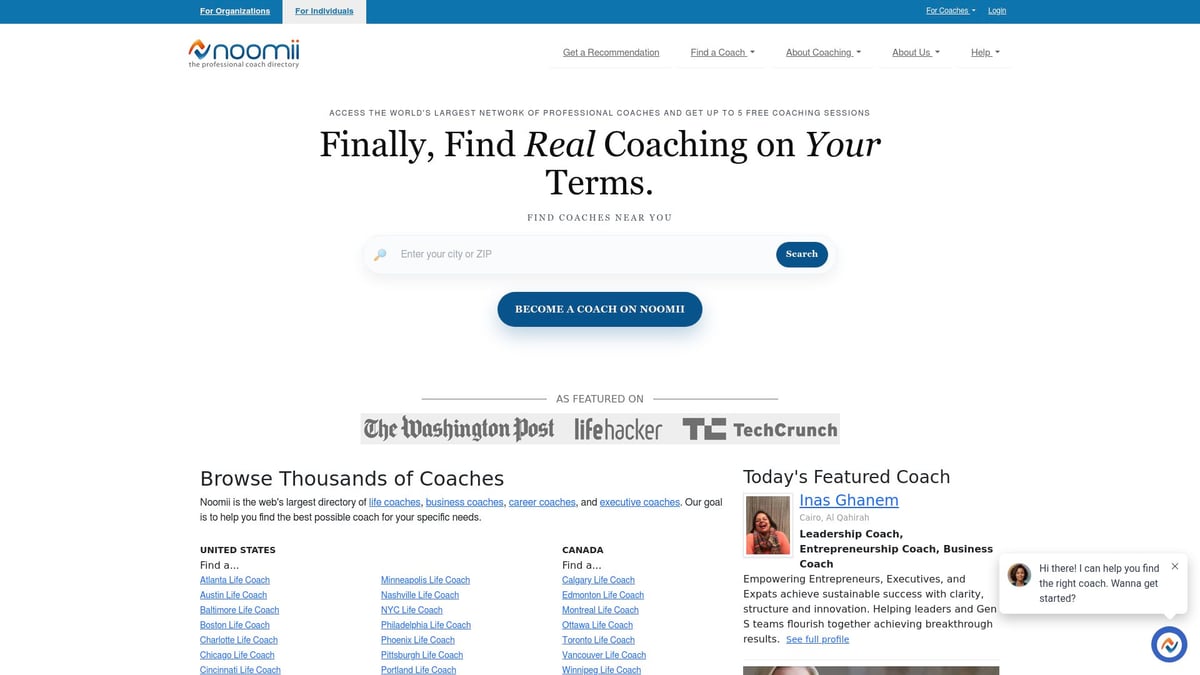
Their model is built around measurable progress. Noomii’s executive coaching, leadership development, and team facilitation programs are all tightly linked to organizational KPIs. Flexible, month-to-month terms and a risk-sharing approach mean companies only invest when results are visible.
Integrating insights from the latest research on measuring leadership skills with AI agents, Noomii’s hybrid strategy delivers faster decision-making, stronger communication, and better retention. This makes Noomii a trusted partner for mid-market companies and Fortune 500 divisions ready for accountable, AI-enabled growth. For leaders seeking additional expertise in accountability and AI strategy, explore Don Markland’s leadership insights.
The Future of Business Coaching and AI: Trends to Watch
The landscape for business coach and ai is set to transform dramatically as we move into 2025. Adaptive AI learning platforms will empower leaders by personalizing development journeys, making growth truly individualized. This evolution means coaching will be more responsive to each leader’s unique strengths and challenges.
We are also seeing a fusion of emotional intelligence coaching with AI-driven behavioral insights. This approach helps leaders understand not just what to do, but how to respond empathetically in real time. Data ethics and transparency are becoming crucial, ensuring organizations use AI responsibly within coaching programs.
Emerging technologies such as virtual reality simulations, natural language processing, and real-time sentiment tracking are poised to reshape how coaching is delivered and measured. As AI algorithms become strategic partners at the executive level, their influence is highlighted in resources like AI’s Rise to the C-Suite.
Looking ahead, the democratization of coaching access and the rise of on-demand AI guidance will enable organizations of all sizes to benefit from business coach and ai solutions. Leaders should stay proactive, embracing new tools and upskilling to remain at the forefront of these powerful shifts.
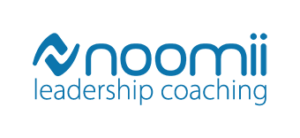



Leave a Reply
Want to join the discussion?Feel free to contribute!